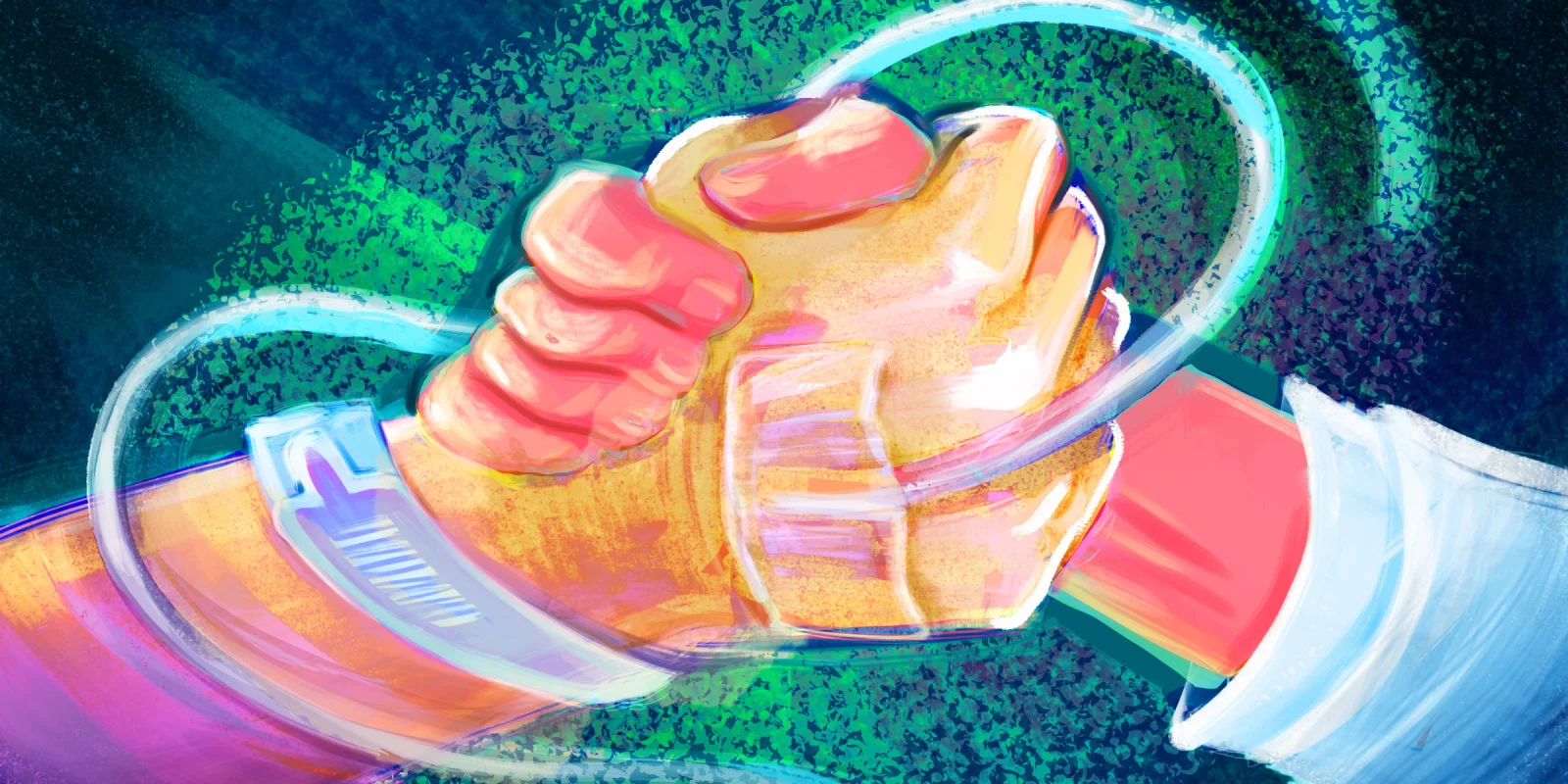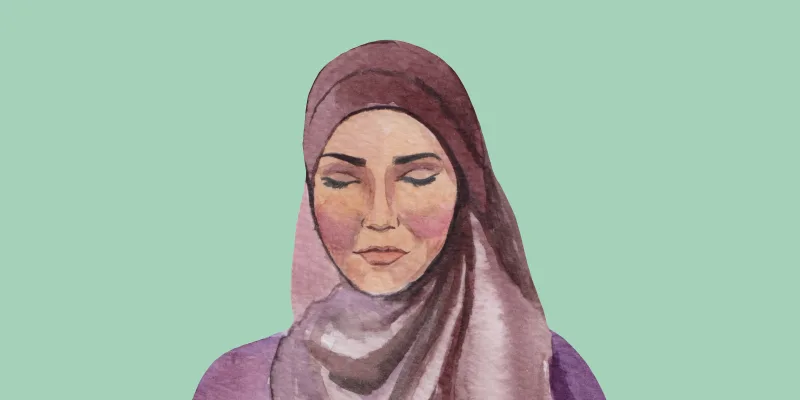“Do you wish I were the same race as you?”
I didn’t know how to respond. My doctor and I stared at each other through the screen in this age of telemedicine. My doctor was white, and I was Asian. Like so many others over the summer, we were discussing George Floyd and the anti-racism protests blazing across the U.S. I had not had a non-white doctor since my pediatrician, who was Taiwanese like my parents and able to speak Mandarin with them. Had I ever wondered whether I would receive better care if my doctor was the same race as I was? I couldn’t say that I had — to do so would have been to view myself as a disadvantaged person, a minority, someone who needed special treatment. I was a fourth-year medical student. I had worked very hard for many years, and in a few months, I would be a doctor. I didn’t need special treatment. Moreover, I was grateful for my doctor’s care and I was reluctant to criticize her, especially for something she could not change. As the silence grew uncomfortably long, I finally replied, “No, I don’t think so ….”
But I continued to think about that awkward exchange for weeks. Studies have shown that racially and/or ethnically matched patient-provider relationships are associated with a greater frequency of health care utilization, and that patients commonly express a preference for a same-ethnicity provider. While it is hard to think of myself as a “victim,” it certainly is possible that I would have better health outcomes if cared for by an ethnically matched provider. Armed with this knowledge, I am reminded of the importance of promoting proportional racial and ethnic representation amongst health care physicians in order to best serve our patients.
Additionally, I am reminded of the gravity of practicing cultural humility. Cultural humility is a term first introduced by Tervalon and Murray-Garcia in 1998. It is defined as “a lifelong commitment to self-evaluation and critique, to redressing power imbalances . . . and to developing mutually beneficial and non-paternalistic partnerships with communities on behalf of individuals and defined populations.” Though the conversation with my doctor was uncomfortable in the moment, I ultimately appreciated her attempt to understand my perspective as a person of a different race. As her patient and as a non-white person, I held less power in our relationship, and her question corrected some of that power imbalance. As a future physician, I will likely often take care of patients who are of a different race than myself, and I will do my best to practice cultural humility in order to offer the most sensitive and appropriate care.
A few weeks before the aforementioned conversation, I helped care for a woman who had been admitted for a gunshot wound on my consultation/liaison psychiatry elective. She was intubated and could not speak, so I called her father to obtain a better psychiatric history. When I asked about any history of depression, anxiety, or trauma, he angrily said, “She’s a young Black woman who grew up in the projects. What do you think?” The heaviness of his statement stunned me. I would never understand the historical oppression and structural barriers that my patient or her father had faced due to their race and socioeconomic status. However, in line with cultural humility, I could and did do my absolute best to understand and affirm their perspectives, express solidarity, and commit to providing the very best care I could.
Through experiences as both a patient and a provider, I am, along with many others, striving for a better path forward in these times of tremendous racial injustice and tension. The need for justice is dire; for Black people such as George Floyd, the stakes can be life or death. No matter my role, I am a part of this racialized society and as a future physician, my pledge is to devote myself to practicing cultural humility and persistently pursuing a more equitable and just society.
Ashley Wu is a fourth-year medical student at Weill Cornell Medical College. She plans to specialize in psychiatry and, in her spare time, enjoys baking sourdough, finger crocheting, and attempting various arm balance yoga poses. Ashley is a 2020–2021 Doximity Op-Med Fellow.
Illustration by April Brust







